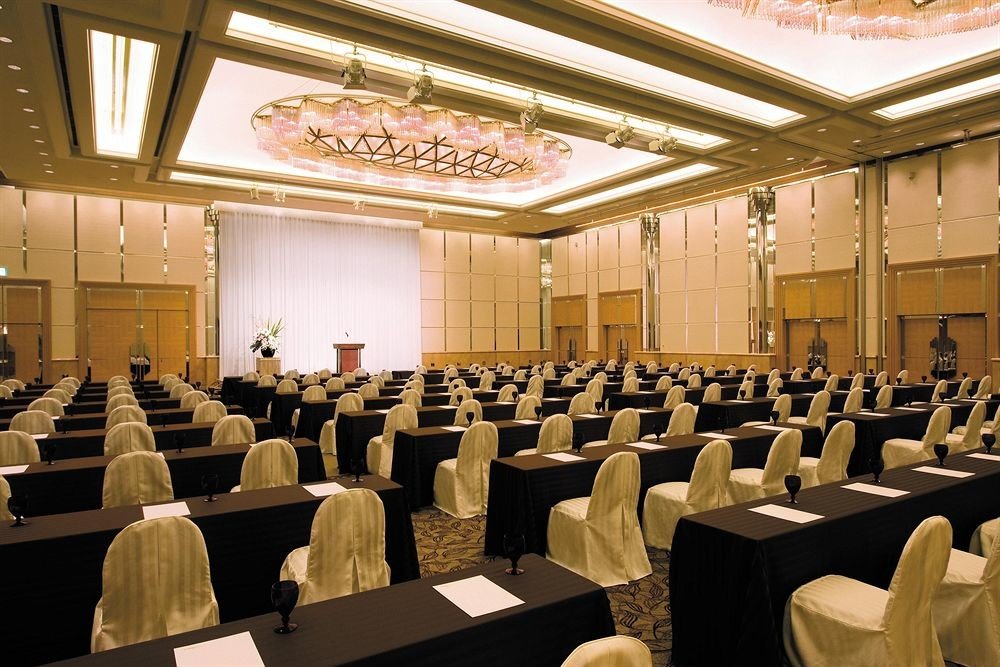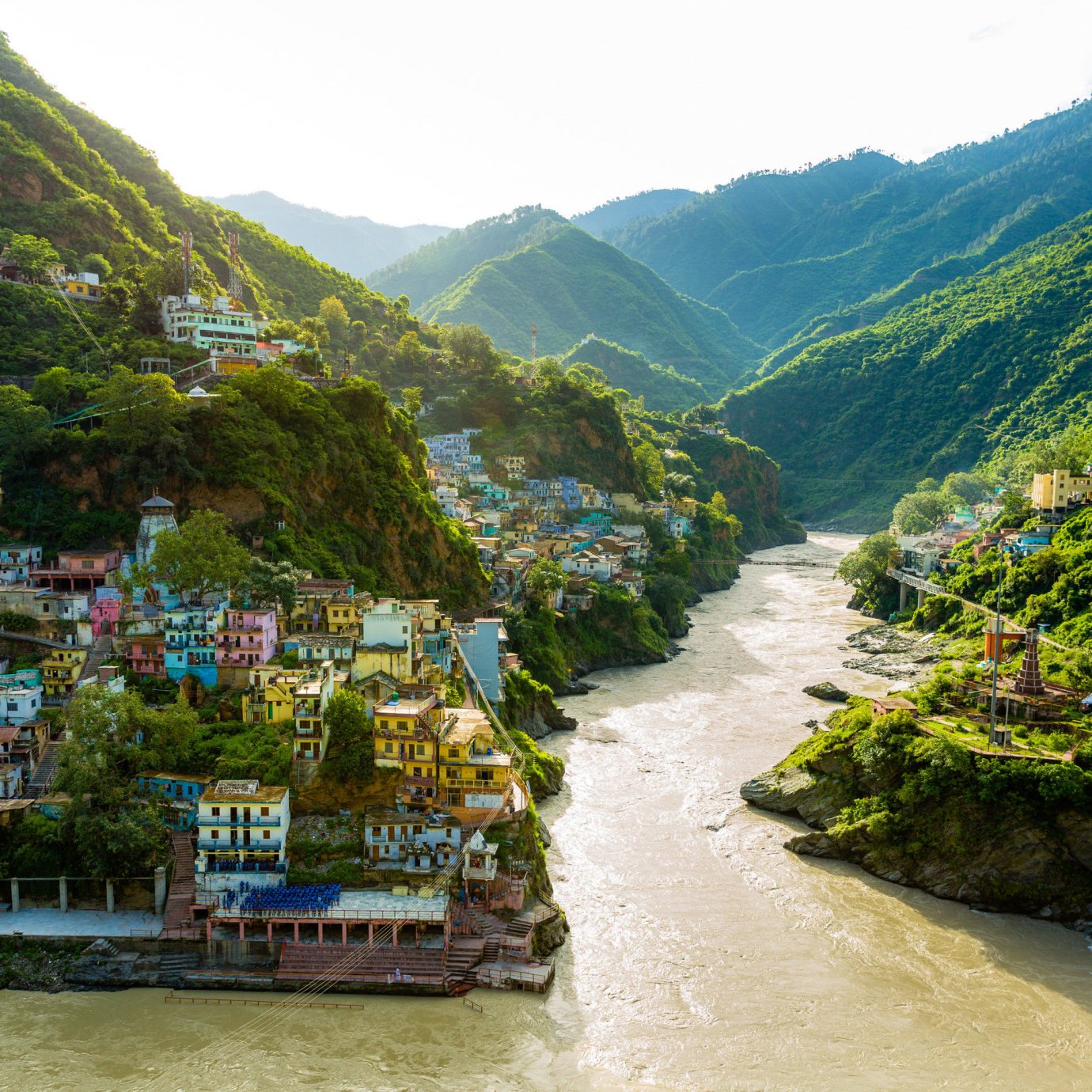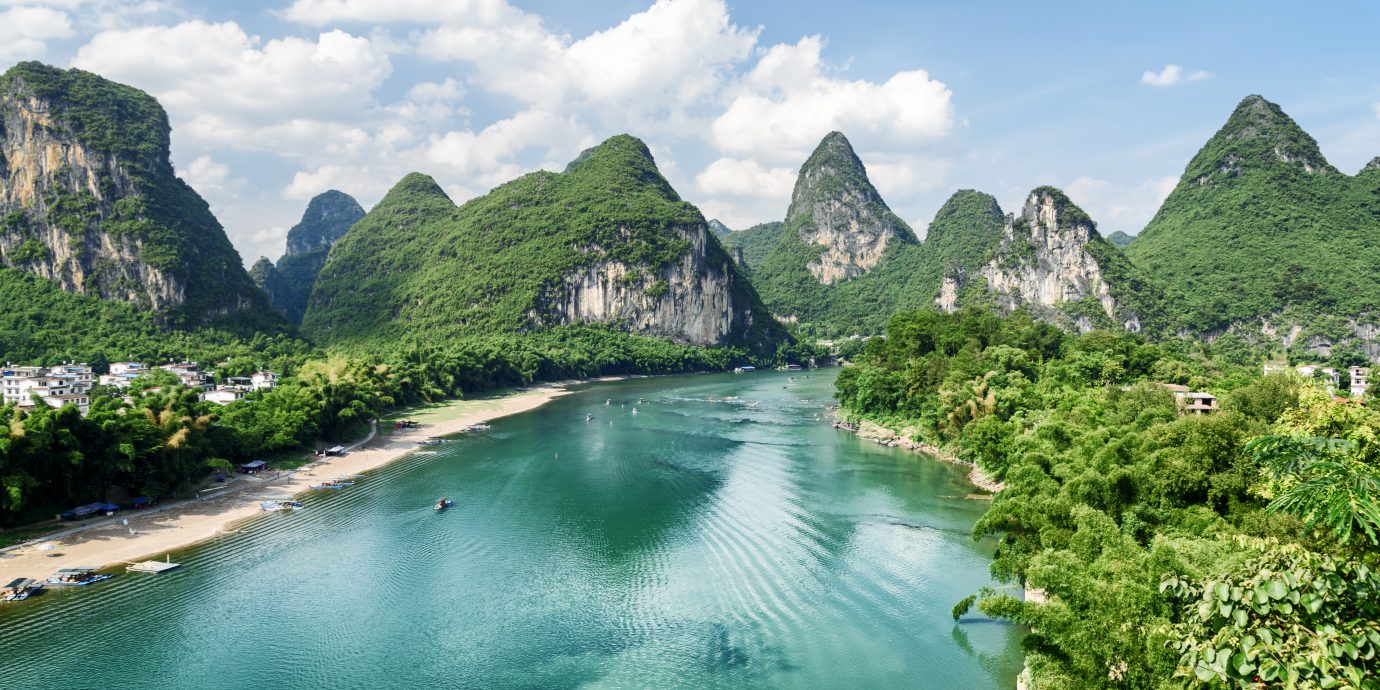
10 Things You Need to Know Before Traveling to China
Historic monuments. Ancient wonders. Countryside villages. Bold, provocative cuisine. No matter what you decide to dive into, China spoils you for choice. Needless to say, narrowing down what to see and experience can be overwhelming for return visitors—much less first-timers. When you're finally ready to take the plunge, here are ten things to know before you go.
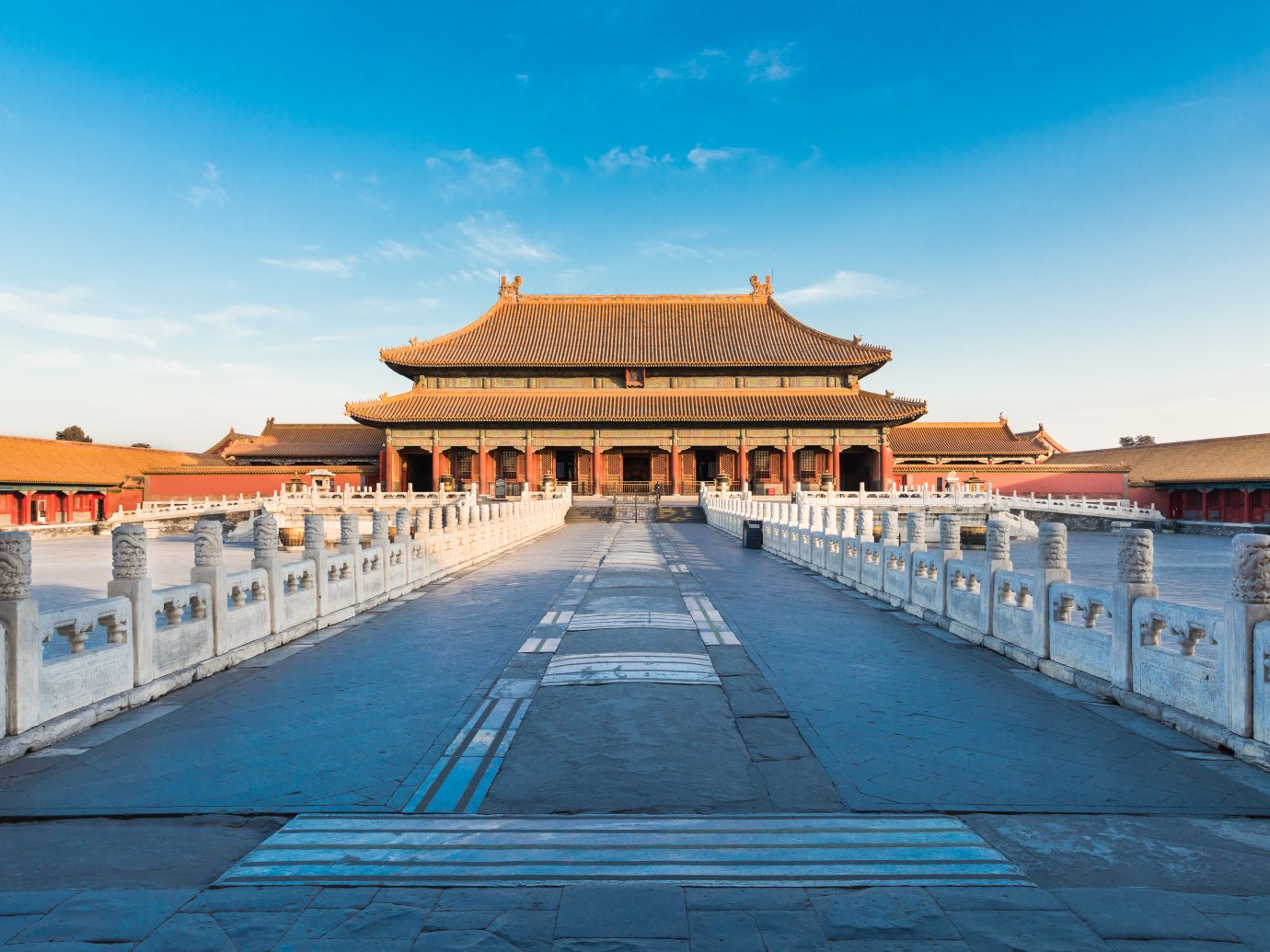
1. You’ll travel back in time
Chinese technology and its economy continue to surpass western advancements, but if you’re a first-time visitor, the state of China’s cities and villages might surprise you. Sure, there are impressive, contemporary marvels like Beijing’s National Grand Theater and Shanghai’s Oriental Pearl TV Tower, but then there are those 1980s high-rise residential blocks, old Chinese markets lost to time, and countryside villages whose pace of life and daily customs follow rules made generations ago. Prepare to move slower and observe the way locals interact to witness how the old-world exists in the modern day.
RELATED: The 9 Best Hotels in Shanghai
2. It’s more than Beijing and Shanghai
With so much to see, it can be easy to settle on an itinerary that hits all the major highlights—the pandas in Chengdu, the skyline of Shanghai, the Great Wall outside of Beijing—but you’re missing out if your trip ends there. For a peek at truly authentic Chinese culture, cuisine, and history, set aside time for the unexpected and explore smaller villages and provinces outside the major metropolises. Places like Guilin and Guizhou are renowned for their natural beauty, while Guangdong and Yalong Bay in Hainan have port-town appeal.
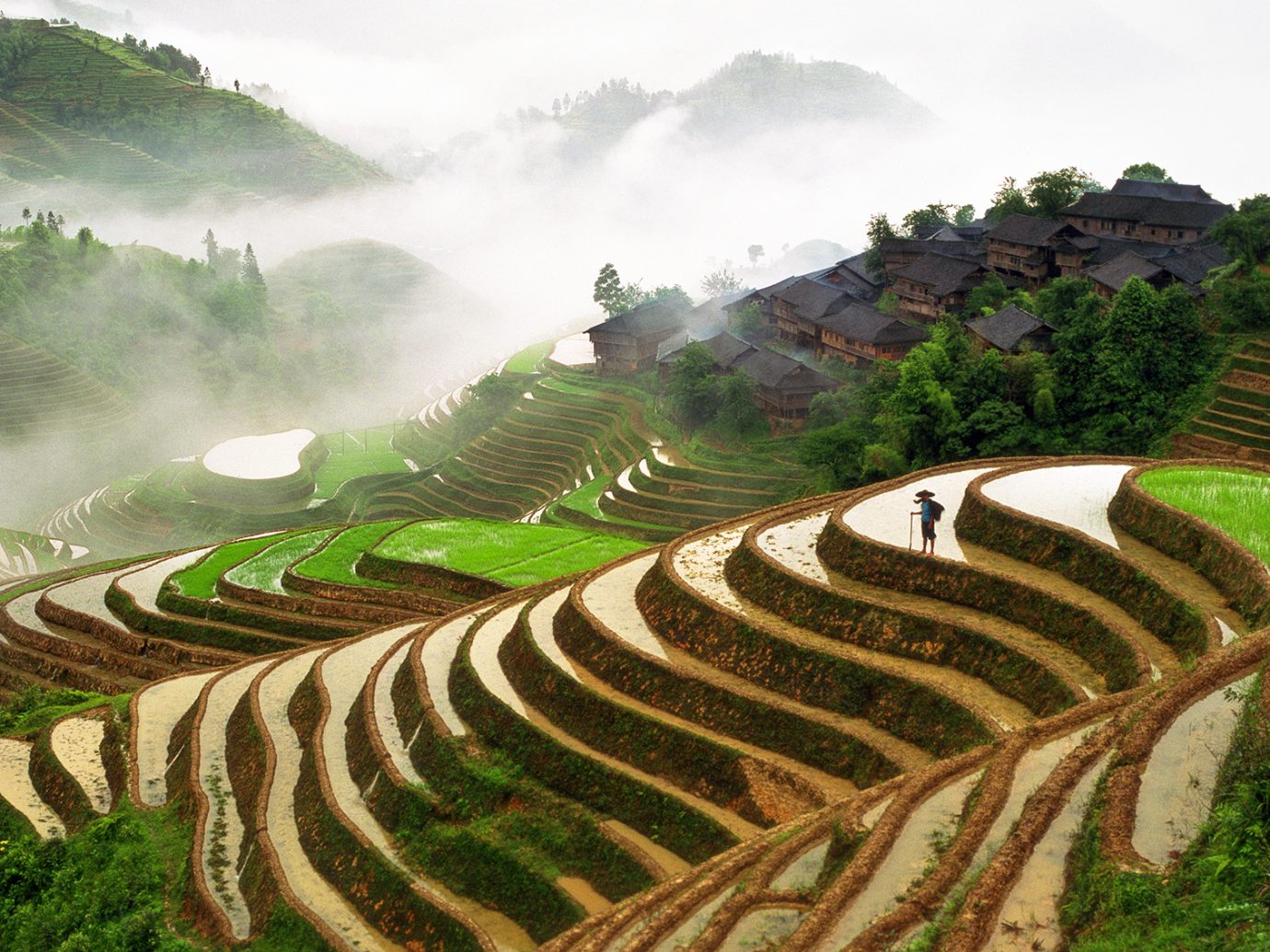
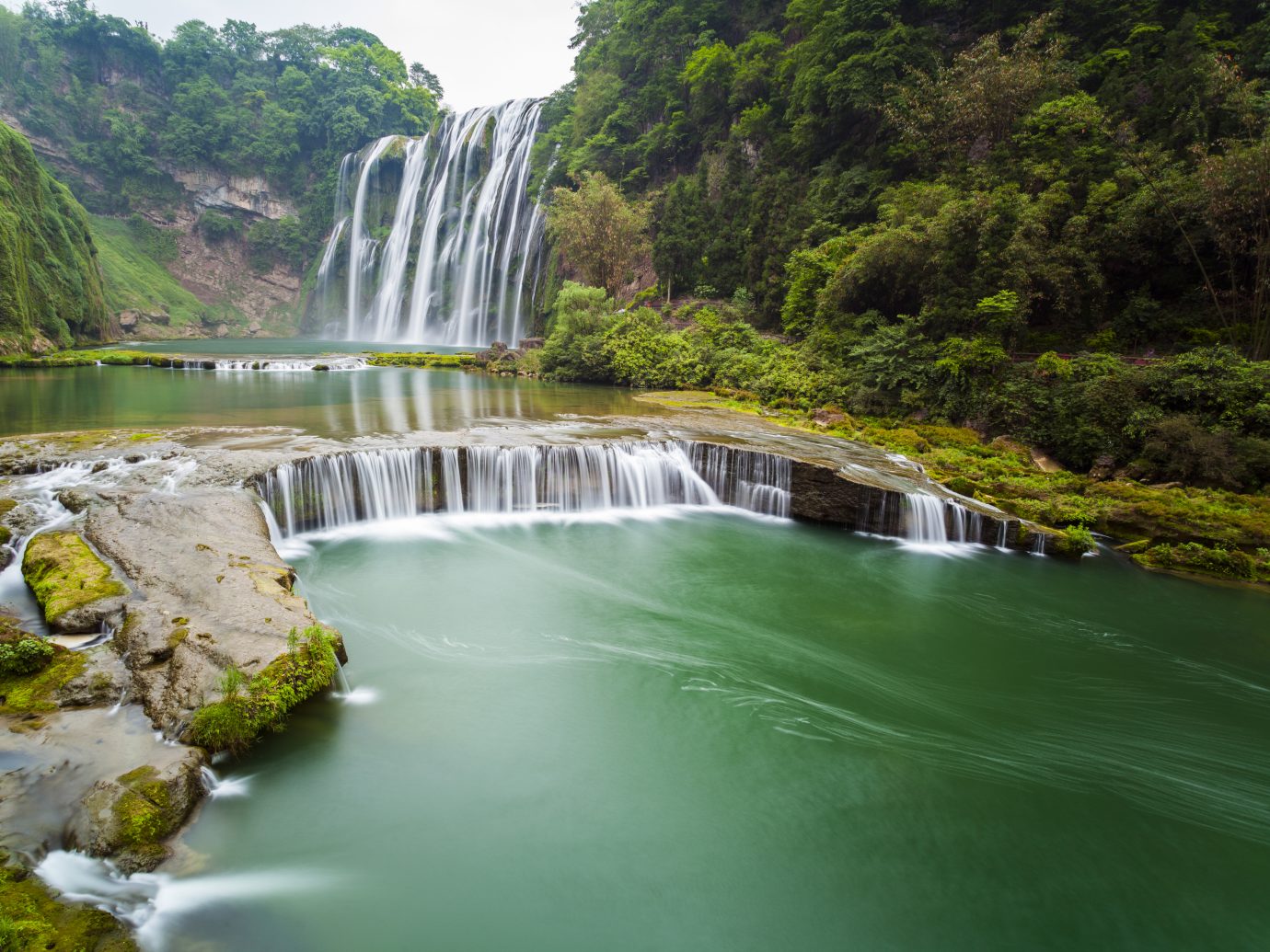
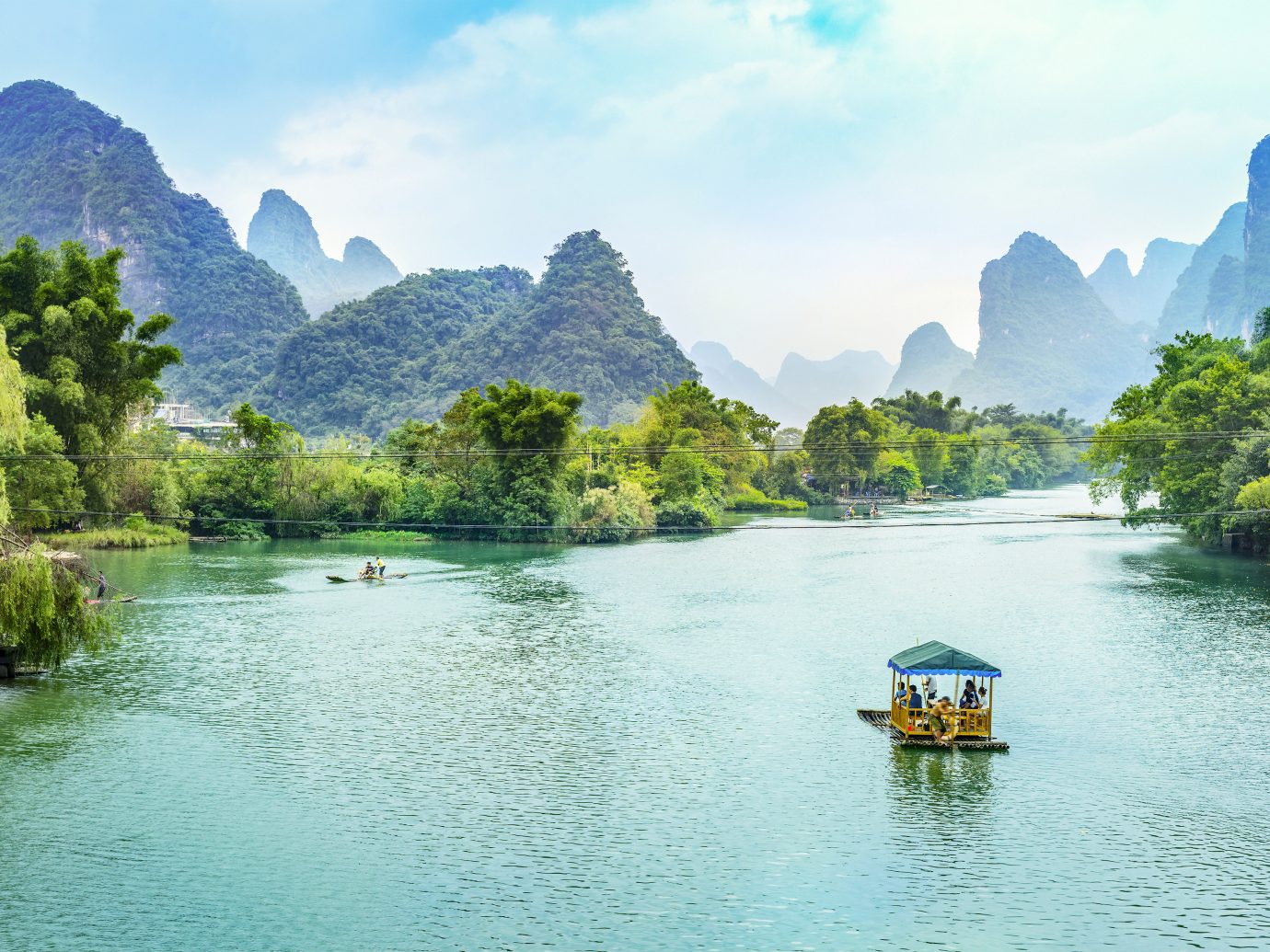
3. The nature in the south is otherworldly
We’re all familiar with northern China’s famous bamboo forests, home to the panda, but the country’s southern landscapes are an underrated highlight. Whether you’re looking to experience adrenaline-inducing adventure or observe varied topography in a more tranquil state, southern China offers both. Explore the ancient caves in Guilin, cruise down the Li River to marvel at the karst mountains, hike and rock climb in Yangshuo, meander the rice fields in Longsheng, or chase waterfalls in Guizhou. It’s less about the history here, and more about natural existence.
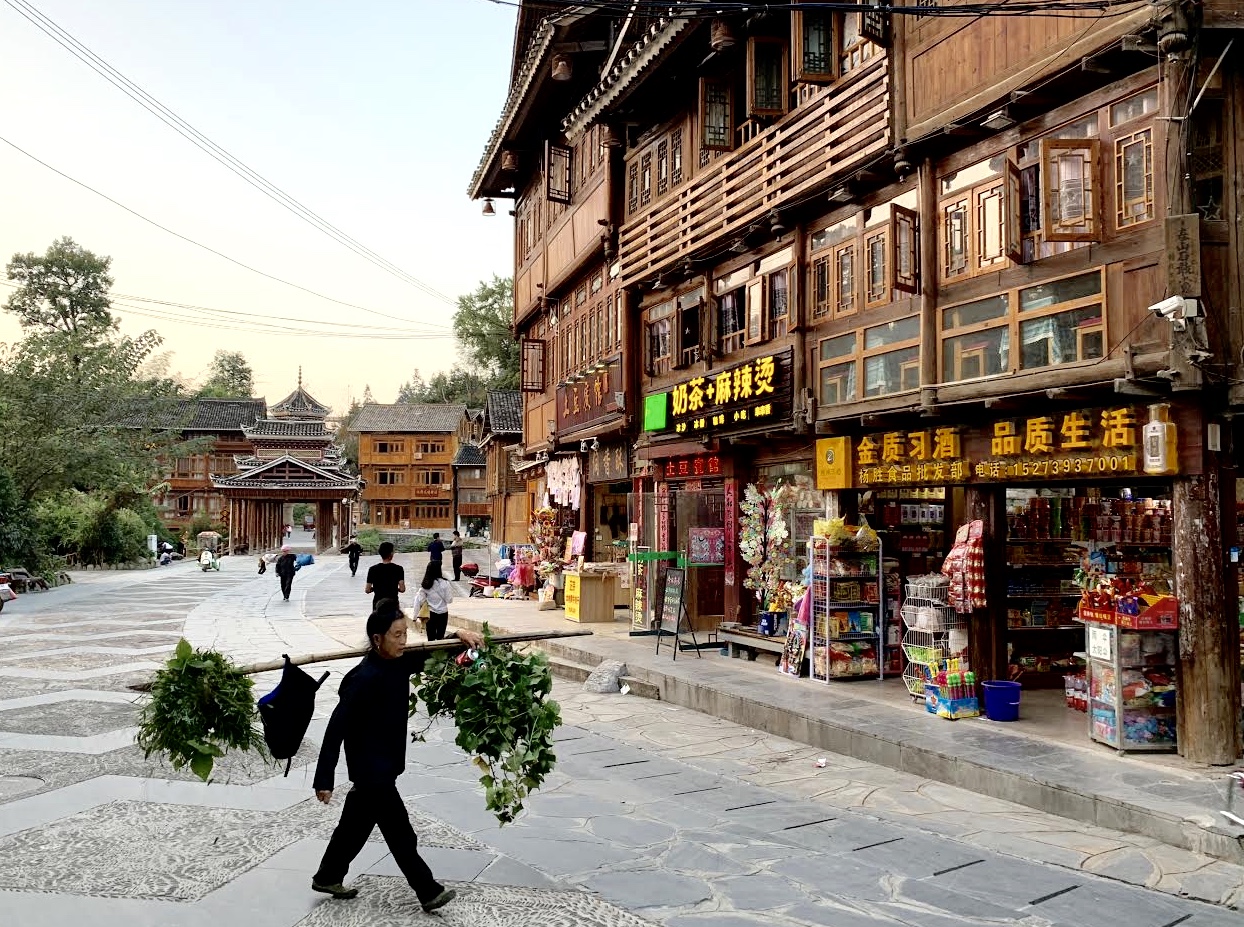
Image courtesy of Jillian Dara
4. A visit to minority villages is a must
Nine percent of China’s total population is comprised of 55 ethnic minorities, who are often found residing in remote corners and living according to their familiar routines—ancient traditions passed down from generation to generation. You’ll find this way of life in the Basha Miao Village, informally referred to as the last gunman group, who, instead of village barbers, use knives to shave mens’ heads. You’ll also see it in the daily life of the Zhaoxing Dong people, whose culture revolves around song. Only in the past decade have some minorities opened their villages to tourists hoping to experience their traditions and interact through simple gestures; it’s a way for the locals to make additional money, which goes towards preserving their villages.
RELATED: 9 Life-Changing Trips to Take in Asia
5. Reasonably priced non-stop flights from the U.S. are not a myth
While China Eastern and Air China are popular search results when booking a flight to Asia, Hainan Airlines—mainland China’s only five-star rated airline by Skytrax—offers direct, non-stop, and often affordable routes to Beijing and Xi’an from U.S. cities including Boston, Seattle, San Jose, L.A. and Chicago. (A roundtrip ticket from Boston Logan, for example, has run as cheap as $500 in comparison to $1,000 with Air China, which also includes a layover.) As a partner airline of the Fortune Wings Club, frequent flyers can also take extra comfort in knowing the thousands of miles accumulated on the journey will be applied to their account.
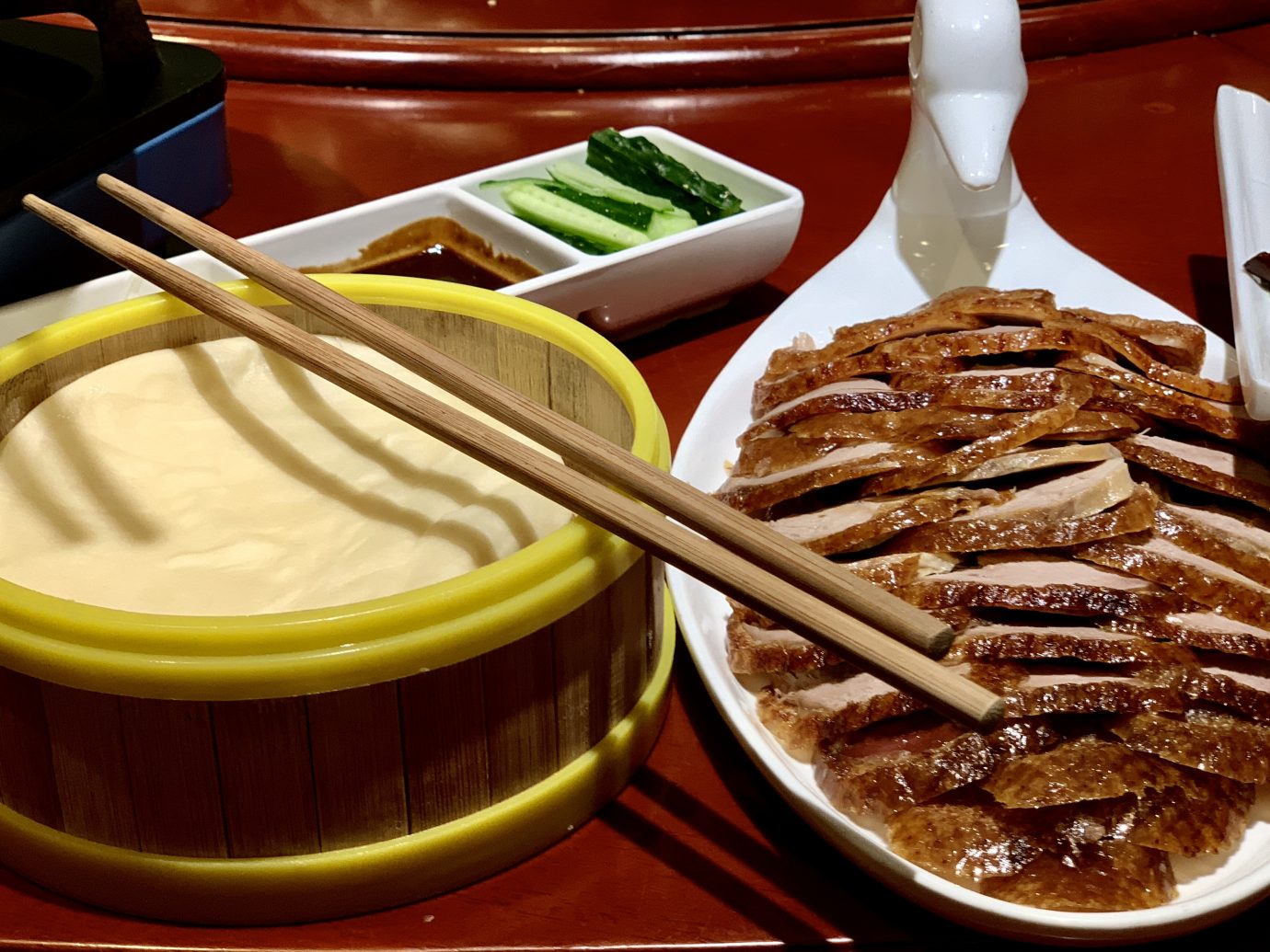
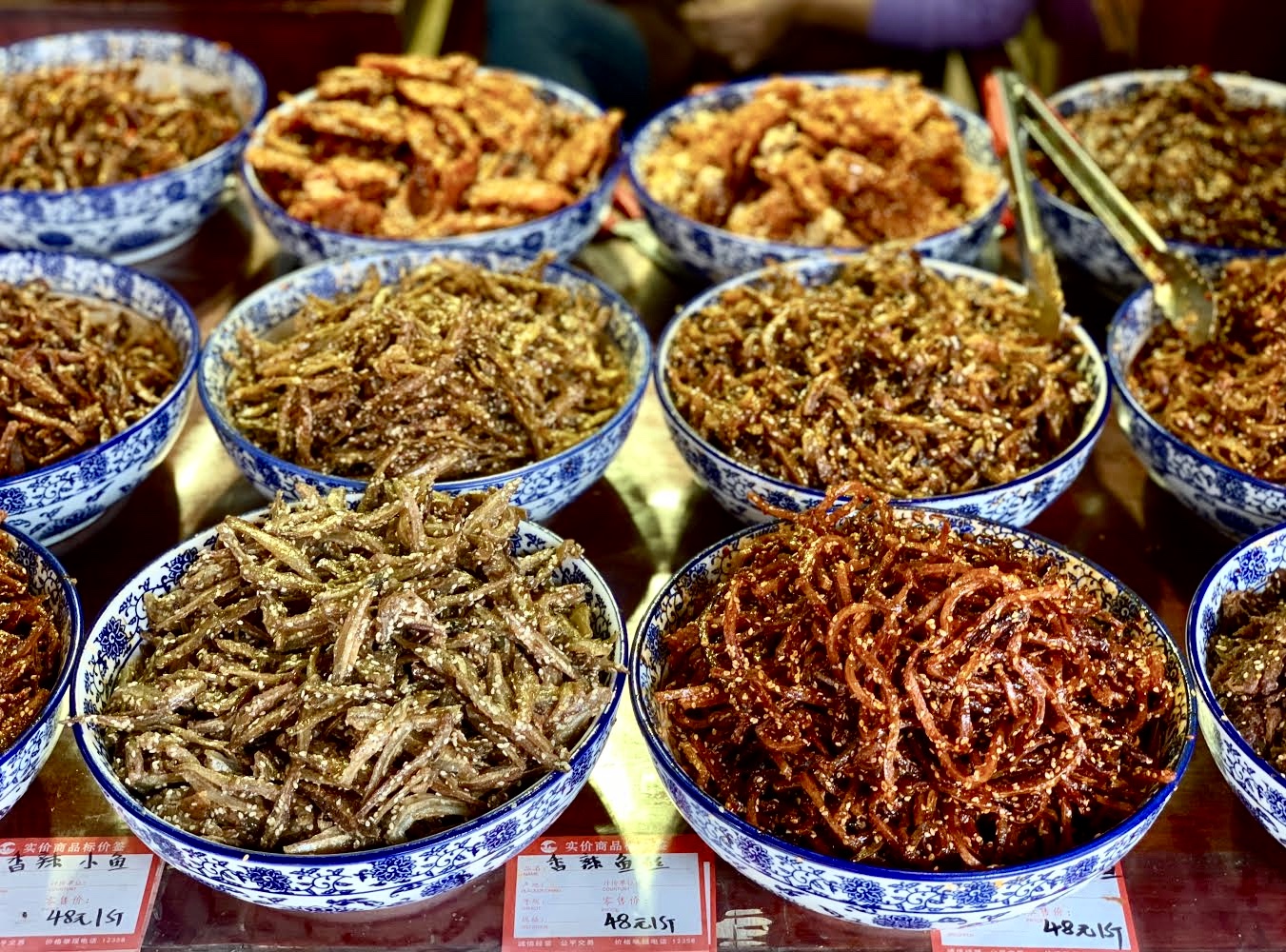
Images Courtesy of Jillian Dara
6. The cuisine differs from region to region
As is the case with many countries, Chinese food is not just its stereotypical western dishes (General Tsao; dim sum) found on our menus. The Chinese actually categorize these popular meals as Cantonese cuisine, popular to the southeastern province of Guangdong—one of the country’s eight regional cuisines. The other seven include Zhejiang and Jiangsu cuisines, whose sweet and light flavors echo those found in Guangdong cuisine; Sichuan and Hunan cuisine, both laden with red chili spice; Anhui and Fujian cuisine, which feature unique delicacies sourced from the sea and mountains; and Shandong cuisine, which focuses on fresh seafood.
Planning a foodie adventure? In general, expect to find your dumplings and noodles in the north (where the country’s wheat is grown) and rice in the south. JS Tip: Keep a lookout for rice wine, which is produced when rice production is plentiful and farmers can ferment the leftovers.
7. Download and install a VPN prior to boarding your flight
The Chinese government restricts access to Instagram, Facebook, Twitter, and even Google, so if these apps are part of your daily life, it’s time to download a VPN—and do it in advance. Depending on the length of your trip, you may be able to obtain a free trial with ExpressVPN or NordVPN. If you plan on staying longer than the trial period, know that VPN services start at $6.99 per month to around $50 per year (depending on your preferred payment package). Just be sure to individually install and download the VPN on every device you plan on using to access these blocked applications while traveling.
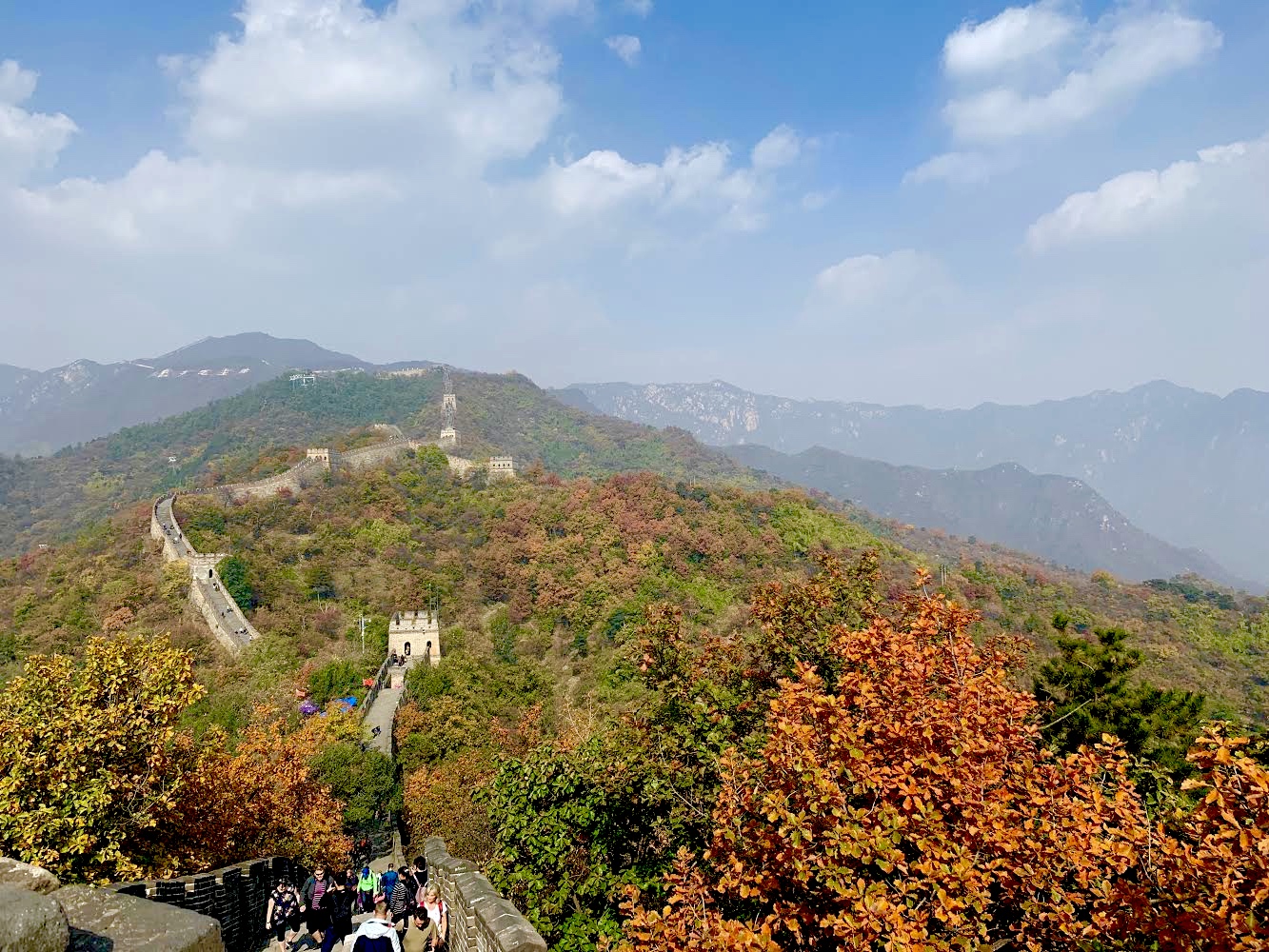
Image Courtesy of Jillian Dara
8. China experiences four seasons, so pack accordingly
China is massive—3.7 million square miles massive—so depending on when and where you visit, you may have to pack for both warm and cold weather. For the most part, China is aligned with the rest of the northern hemisphere’s four seasons, its northern region being much cooler than the south. As always, pack for your itinerary: travelers heading to the Forbidden City and the uneven grounds on the Great Wall should pack a comfortable pair of walking shoes, and a raincoat would be sensible for what could be a misty cruise along the Li River or a rainy visit to the pandas. When visiting temples, it’s always polite to wear a scarf or shawl that covers your shoulders.
RELATED: 7 Beijing Hotels We’re Obsessed With Right Now
9. WeChat is used for everything, and everyone uses it
If you really want to adapt to local customs (or just to make it easier on yourself), download WeChat. Contrary to what many might think, this is not China’s form of WhatsApp (a free way to communicate between international users). Instead, it’s a little bit of everything: texting, social media, and payment. You can even buy tickets to popular attractions through the app and use it to skip lines. Download in advance and pre-load it with some money for additional convenience.
10. The language barrier can be a challenge
Because English is taught in primary schools, most of China’s youth will understand you, but the same can’t be said for older generations. It may be worth hiring a tour guide, who will come in handy when you’re trying to buy tickets for attractions or transportation, making your way through crowds, and any language exchange you run into. (If you don’t do groups, hiring a private or semi-private guide are suitable, cost-effective options.) If you’d prefer to peruse the sights on your own, make sure you have a translator app that can scan text or interpret audio. If that translator app happens to be Google Translate, we’ll say it again: make sure a VPN is downloaded beforehand!
Want more?
- 6 Expert Tips for Beating Travel Stress and Hacking Vacation Mode
- 18 Essentials You Should NEVER Forget to Pack
- 30 Trips That Will Change Your Life
Comments
All products are independently selected by our writers and editors. If you buy something through our links, Jetsetter may earn an affiliate commission.
Become a Jetsetter.
Use our insider connections to know where to go and what to do.
By proceeding, you agree to our Privacy Policy and Terms of Use.
Thanks for Signing Up!


